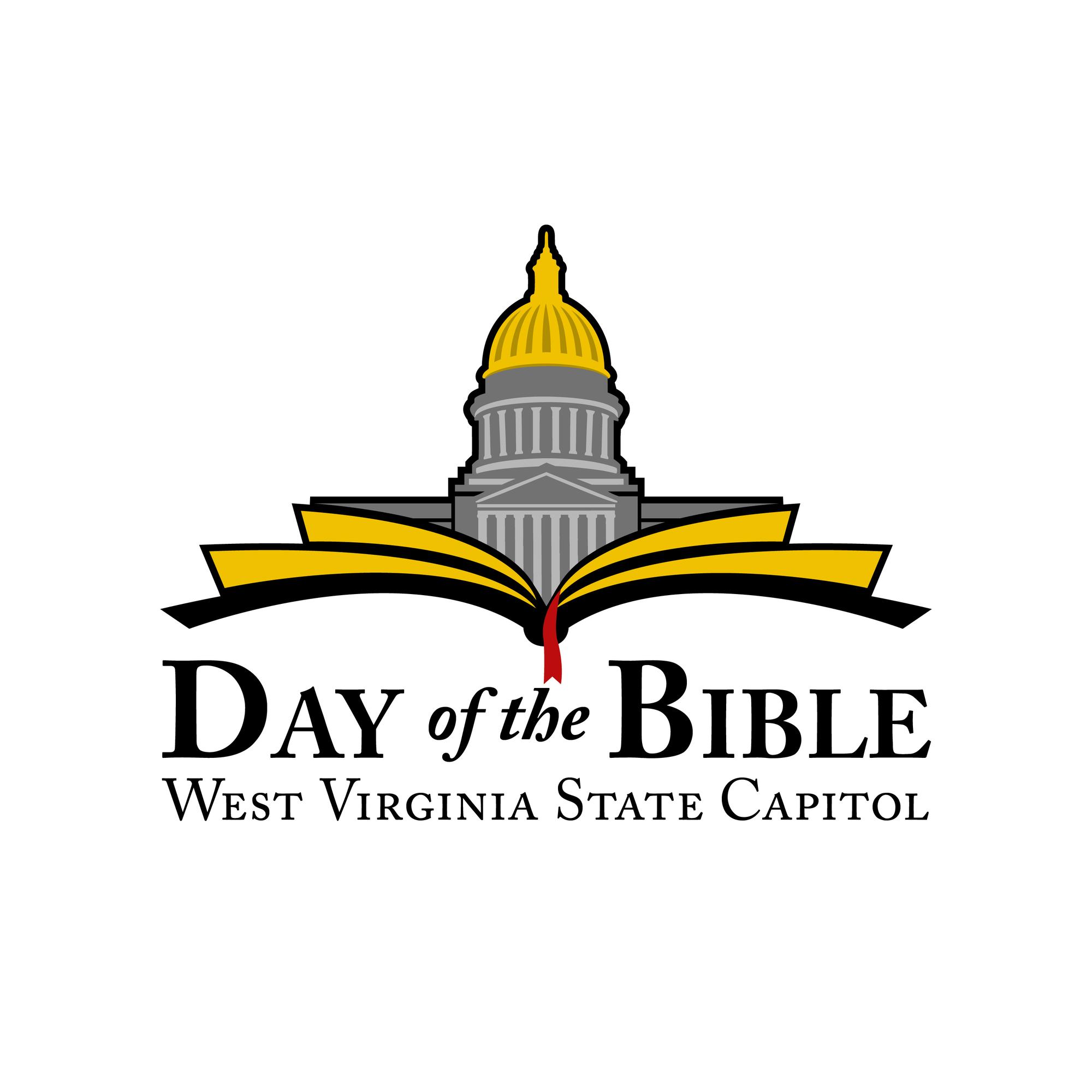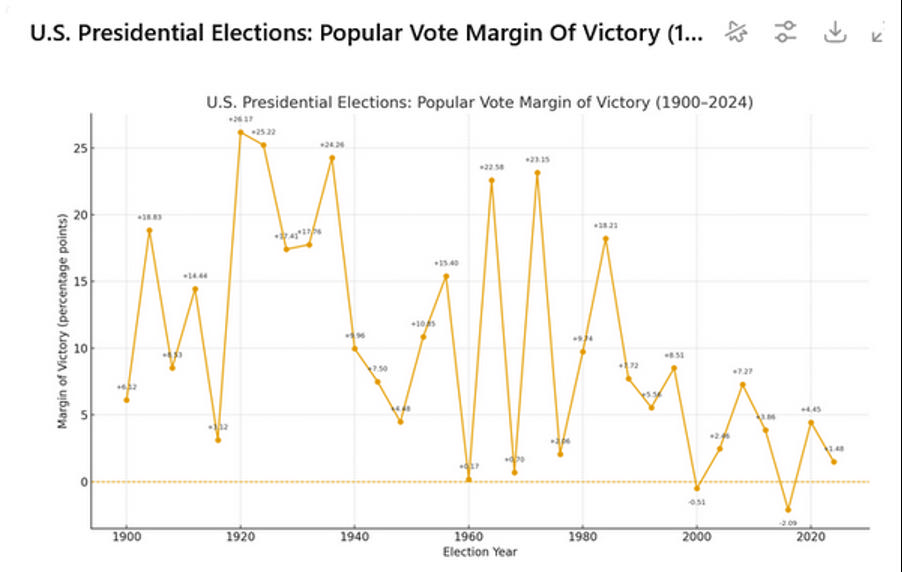Setting the Record Straight on West Virginia’s K-12 Enrollment and Funding
A foundational misunderstanding is driving pushback against the Hope Scholarship
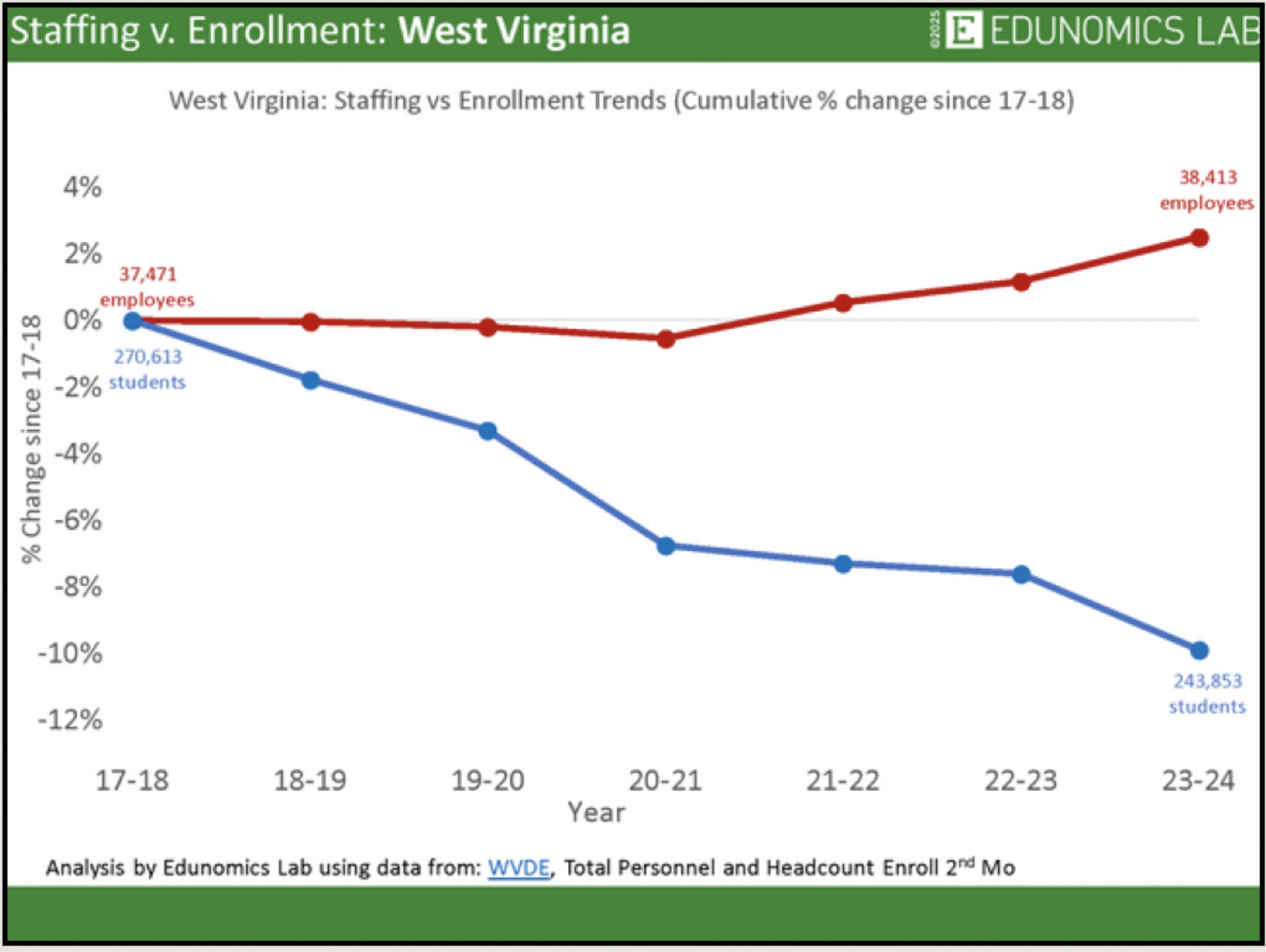
THE CLAIM
“School choice is to blame for plummeting enrollment and funding shortfalls of public schools.”
THE TRUTH
Over-Regulation and Inefficiency Drive Financial Stress
Thousands of pages of outdated mandates restrict staffing and operations. Districts employ more staff for fewer students than ever, a trend sustained by temporary federal relief and a funding formula that rewards inputs, not outcomes.
The Problem Predates School Choice
Enrollment has fallen for 20+ years due to population decline, low birth rates, and outmigration, long before the Hope Scholarship. Hope currently serves a small share of students, far too few to cause systemwide declines. When families choose alternative options, they are responding to quality and trust, not causing collapse.
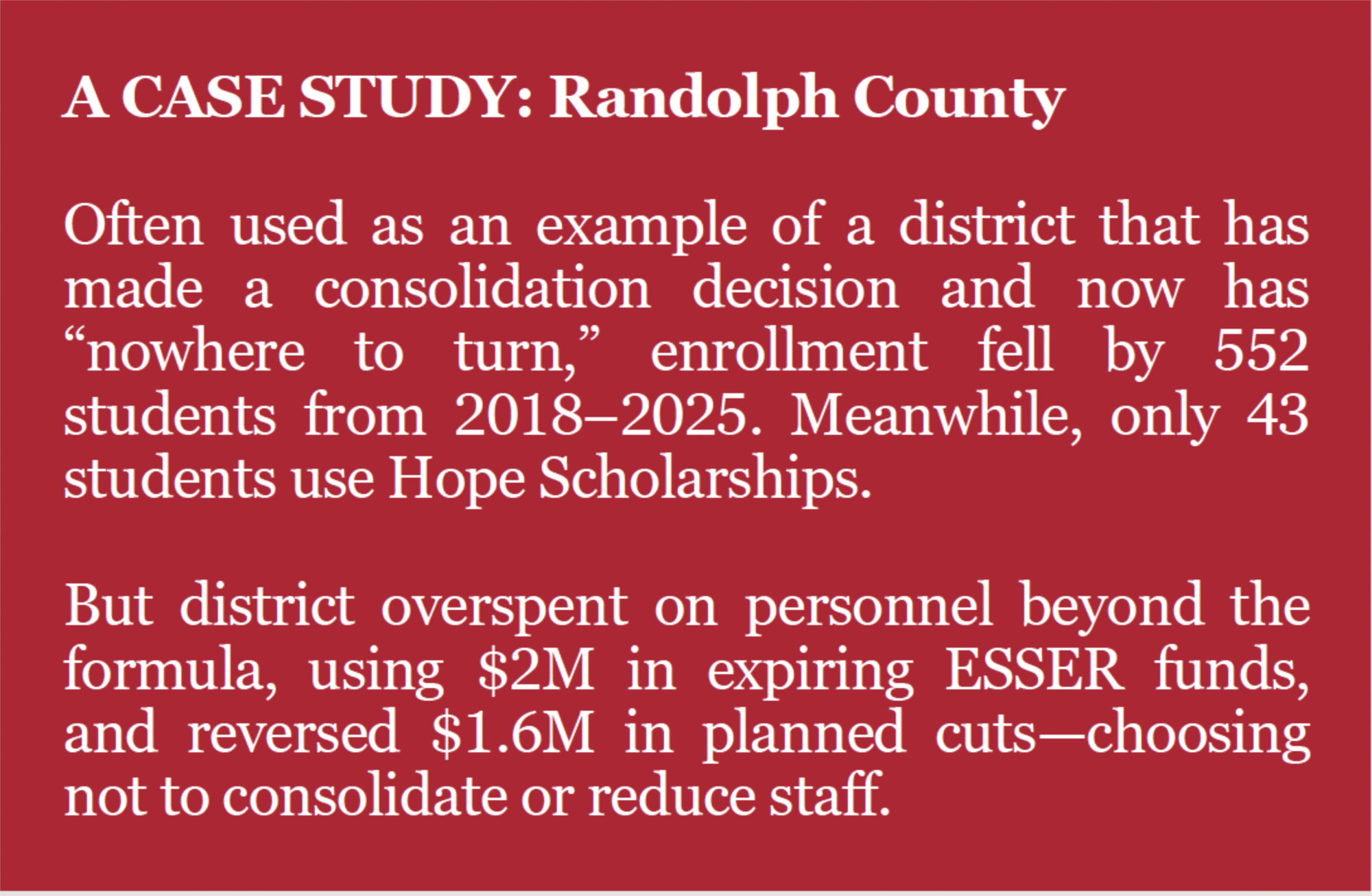
Districts Are Still Funded for Students Who Left
Despite enrollment drops, many districts receive funds based on inflated counts. COVID-era financial support—over $1.2B statewide—masked these inefficiencies. As ESSER dollars expire, budget gaps emerge where staffing wasn’t right-sized. Despite losing students, many districts continue to receive local and federal dollars based on outdated enrollment counts.
Families Aren’t the Problem
Parents turn to Hope because the system isn’t meeting their children’s needs, especially in special education. Many report their kids finally thriving in smaller or alternative settings. Blaming families avoids accountability for systemic failure.
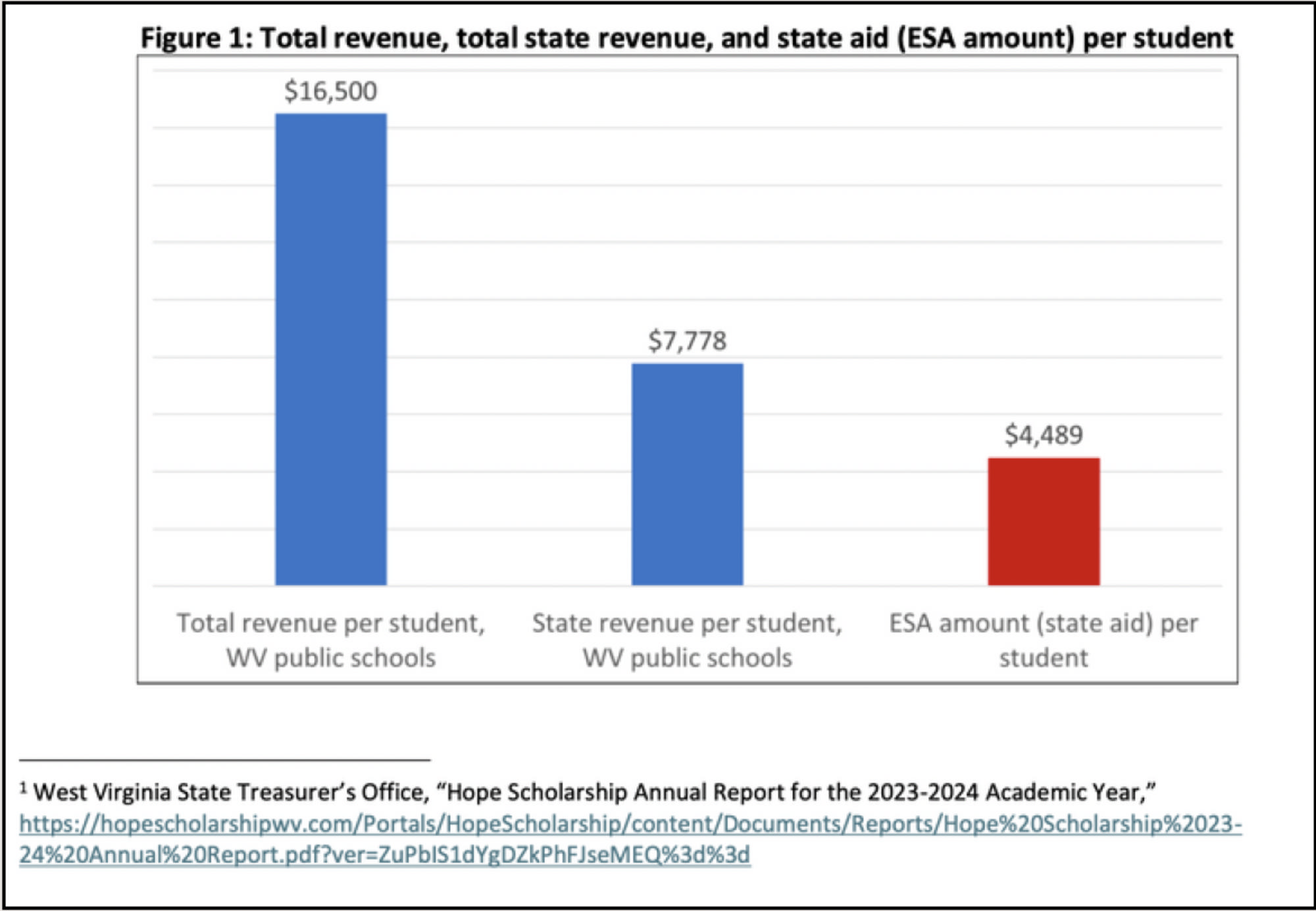
THE REAL ISSUE
West Virginia’s public education system is hemorrhaging money due to inefficiency, not choice. Instead of modernizing the formula to follow the student, leaders are blaming the very families who are adapting faster than the bureaucracy. Key Takeaways Population decline, not Hope, is the main driver of enrollment loss. ESSER and hold-harmless provisions gave districts more funding even as student numbers dropped. Over-regulation and a resource-based formula handcuff districts. The Hope Scholarship represents less than 2% of total K-12 spending yet offers 100% accountability to parents.
THE PATH FORWARD
- Reform the formula to fund students, not systems.
- Empower families through transparent, student-based funding that rewards efficiency and quality, not bureaucratic inertia

Tiffany Hoben
Tiffany is the Director of Education Partnerships and Strategy for the Cardinal Institute. She brings in-depth knowledge of Civics and Government, along with possessing expertise in instructional materials review and state policy implementation. In addition to her contributions to education, Tiffany proudly served in the Army with the Florida National Guard as a Combat Field Medic, demonstrating her commitment to service and leadership.




